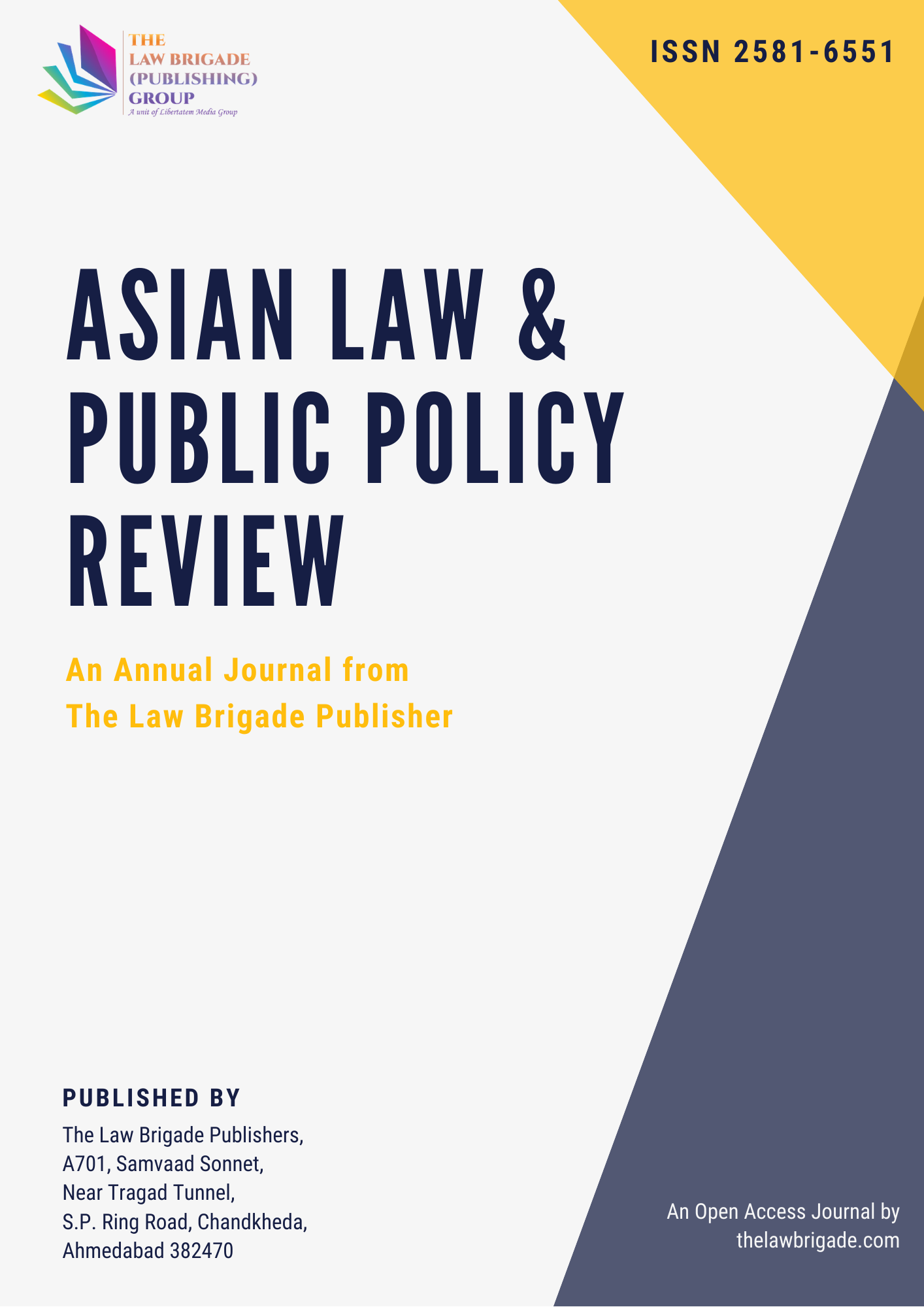India lacks a comprehensive climate legislation, however, there are several environmental legislations to combat the effects of climate change. In relation to protecting the environment, the proactive efforts of the Indian judiciary that has often acted as a ‘lever of transformation’ has been recognized globally. However, it has been seen that in most climate change litigation in India, climate concerns that affect human well-being often take a backseat while these litigations usually get limited to enforcement of existing environmental laws. This paper highlights the role of India’s National Green Tribunal which was established as a dedicated environmental court under the National Green Tribunal Act 2010 using it is an example to underscore how far the decentralization of environmental justice has worked in India. The paper brings to attention the out the jurisdiction, powers, and functions of the tribunal for effecting environmental justice, the significant cases adjudicated by it, the principles applied, the accessibility and value addition to environmental jurisprudence through innovative application of law and the objectivity demonstrated by the tribunal in balancing the protection of the environment and sustainable development.
Decentralizing Environmental Disputes in India
Publication Information
Journal Title: Asian Law & Public Policy Review
Author(s): Dr. Amit Anand, Akanksha Madaan & Riya A Singh
Published On: 05/07/2023
Volume: 8
First Page: 51
Last Page: 60
ISSN: 2581-6551
Publisher: The Law Brigade Publisher
DOI: doi.org/10.55662/ALPPR.2023.802
Cite this Article
Dr. Amit Anand, Akanksha Madaan & Riya A Singh, Decentralizing Environmental Disputes in India, Volume 8, Asian Law & Public Policy Review, 51-60, Published on 05/07/2023, doi.org/10.55662/ALPPR.2023.802 Available at https://alppr.thelawbrigade.com/article/decentralizing-environmental-disputes-in-india/
Abstract
Keywords: ational Green Tribunal, Environment, Justice, Sustainable Development, India





